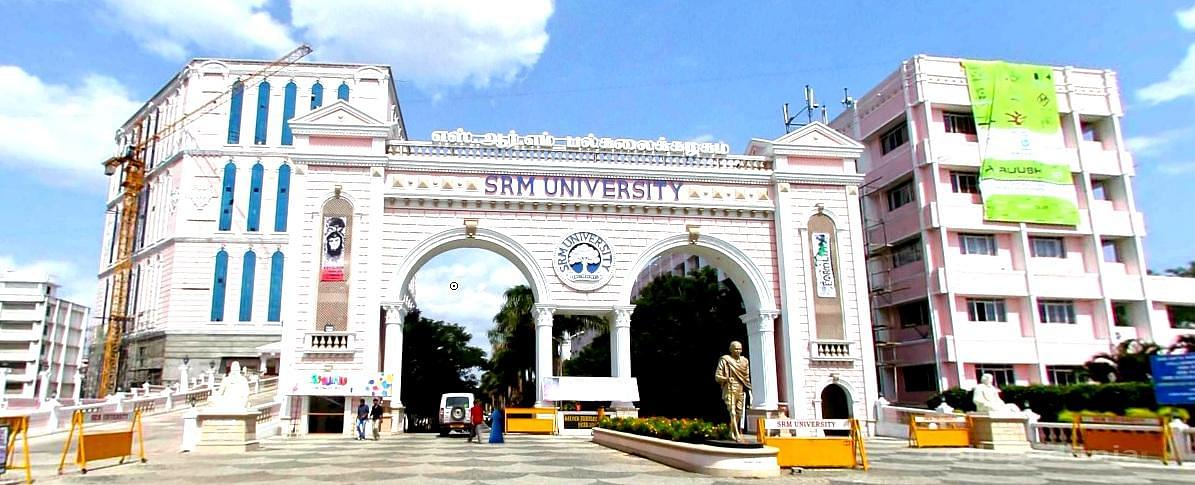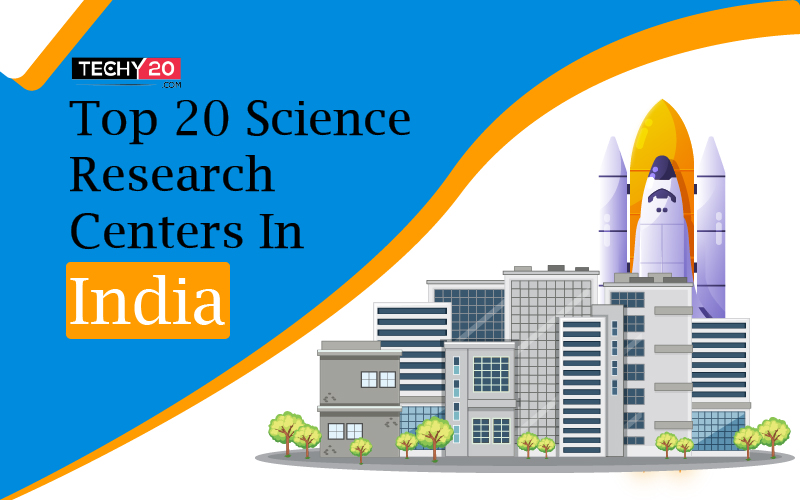India is a world leader in basic research. Indian science has become one of the most effective instruments of growth and development, particularly in the emerging scenario and productive economy. Over the last seven decades, India has constructed satellites and even sent probes to the outer planets, established nuclear power terminals, acquired nuclear weapon capability, and demonstrated firepower in the form of various missiles. Without a doubt, these are outstanding achievements by Indian technologists and scientists. Following recent developments and new demands placed on the S&T system, we must embark on some top research projects that are relevant to national needs while also being relevant for future technology. Here we list the top 20 research centers in India that have played an important role in advancing science and technology.
1. The Indian Institute Of Science (IIS)
The Indian Institute of Science referred as IISc is a government-deemed research university dedicated to science, engineering, design, and management education and research. This is in the Indian state of Karnataka, in Bengaluru. IISc is well-known for its academic freedom, emphasis on research and innovation, and high-quality faculty and students.
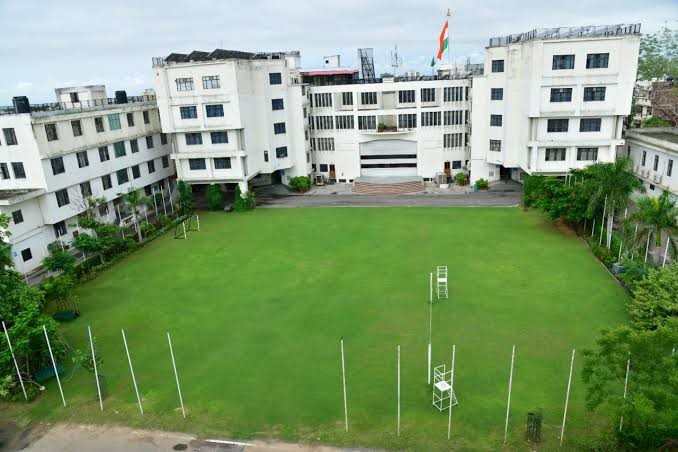
2. The National Institute Of Technology (NIT)
The National Institutes of Technology are central government-owned public technical institutes under the Ministry of Education, Government of India. According to the ‘National Institutes of Technology, Science Education and Research Act of 2007’, it established NITs as institutions of national importance and established their powers, duties, and governance framework. The Act records thirty-one NITs.
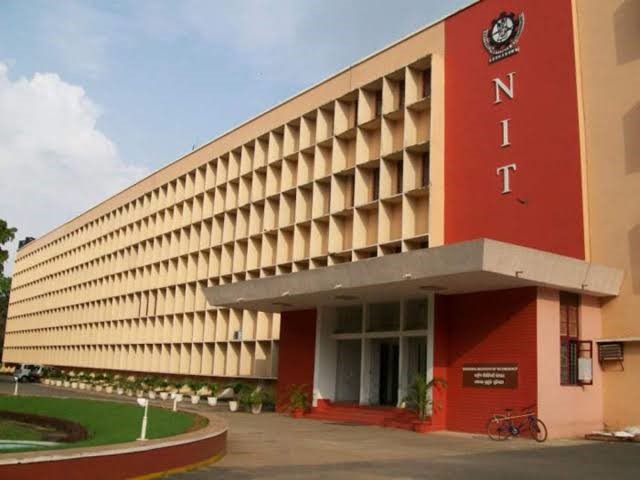
3. The Indian Institute Of Technology (IIT)
The Indian Institute of Technology, referred as IIT is a government-sponsored group of educational institutes in India dedicated to producing high-quality scientists, engineers, and technologists. IITs have a large and active alums network worldwide; IIT education equips students with a critical-thinking-led scientific approach to solving humanity’s problems. IIT faculty and alumni have made significant contributions to society in India and abroad.
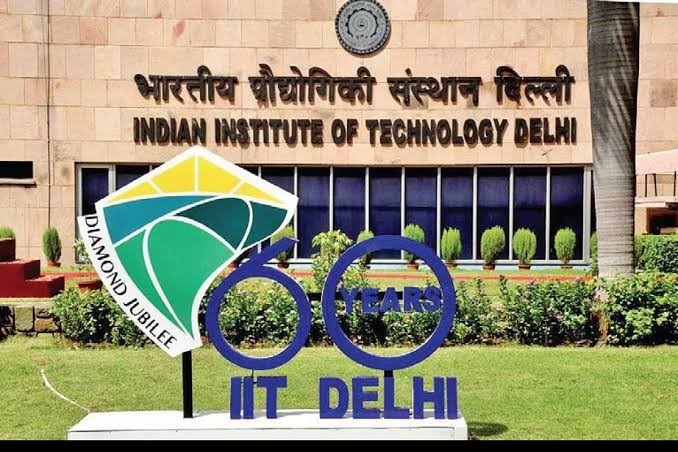
4. Institute Of Nano Science And Technology (INST)
The Institute of Nano Science and Technology, also known as INST located in Mohali (Punjab), has been established as an independent authority of the Department of Science and Technology (DST), Government of India, under the umbrella of the NANO MISSION, a DST initiative to boost research and development in the field of Nanoscience and Nanotechnology in India. INST’s research activities include physics, chemistry, biology, and interdisciplinary sciences that address issues in energy, the environment, quantum materials, nano-devices, and chemical biology.
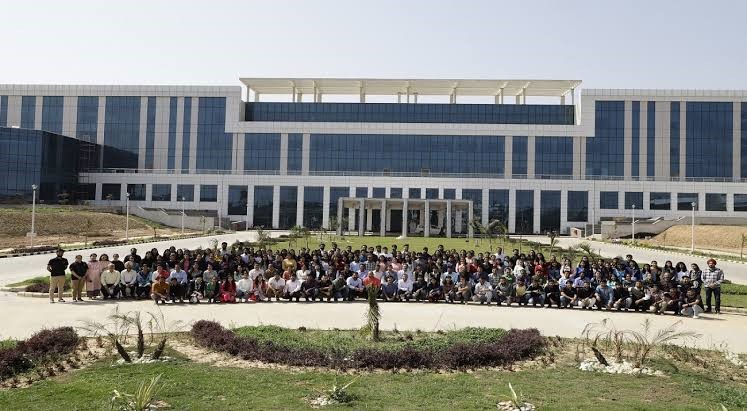
5. Council Of Scientific And Industrial Research (CSIR)
The Council of Scientific and Industrial Research called CSIR, was established in September 1942 by the Government of India as an autonomous body that has grown to become India’s largest research and development organization. The CSIR is a world-class scientific and technological research organization that conducts research, develops, localizes, and disseminates technologies to accelerate South Africa’s socioeconomic prosperity.
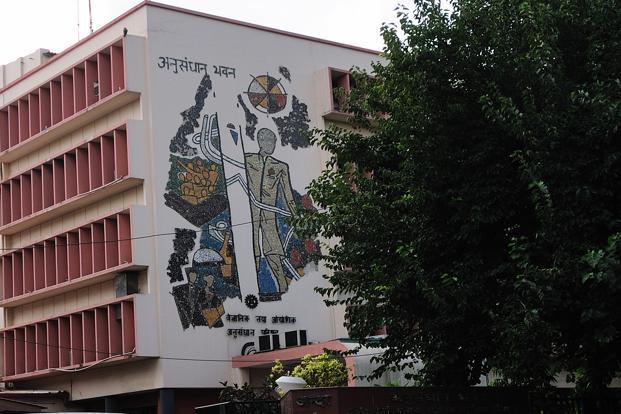
6. Bhabha Atomic Research Center
The Homi Bhabha National Institute is a university in India established by the Department of Atomic Energy that combines academic programmes from several of its constituent institutions. The Bhabha Atomic Research Center located in Trombay, Mumbai (Maharashtra) is India’s premier nuclear research facility. Trombay was founded in January 1954 as a multidisciplinary research programme critical to India’s nuclear programme by Homi Jehangir Bhabha Atomic Energy Establishment.
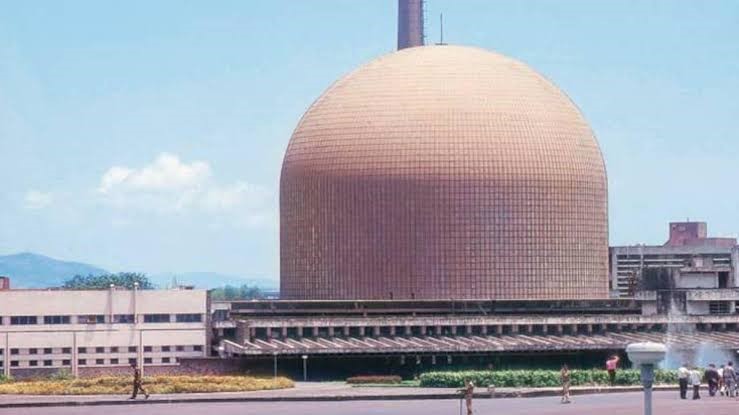
7. Indian Council For Agriculture And Research (ICAR)
The Indian Council of Agricultural Research referred as ICAR, is a self-governing body in India that coordinates agricultural education and research. It is responsible to the Minister of Agriculture’s Department of Agricultural Research and Education. It is led by the Union Minister of Agriculture. It was founded on July 16, 1929, as a registered society under the Societies Registration Act, 1860, in response to the Royal Commission on Agriculture’s report. The ICAR is based in New Delhi.
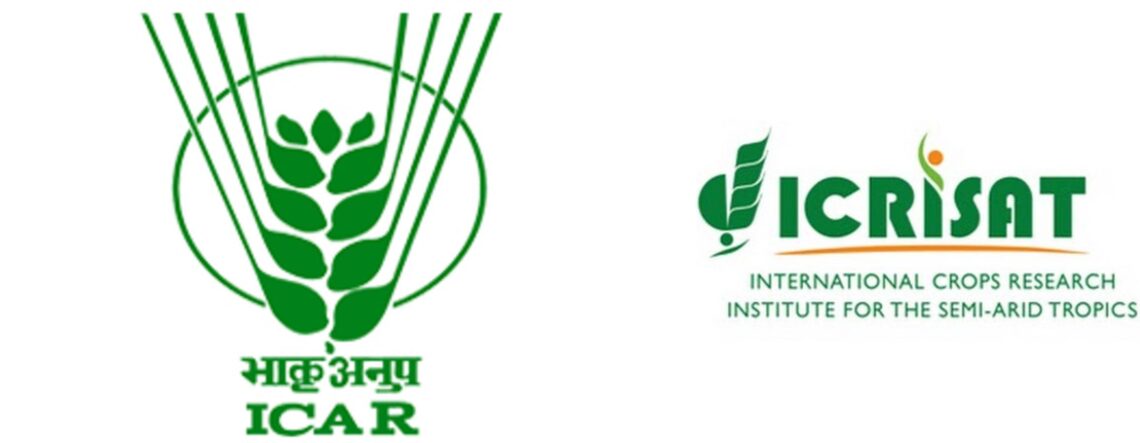
8. Indian Association For The Cultivation Of Science (IACS)
The Indian Association for the Cultivation of Science in Kolkata is a government, deemed research university under the Department of Science & Technology, Government of India, located in the heart of India’s cultural capital. Mahendralal Sarkar, CIE, was a Bengali physician, the second MD to graduate from Calcutta Medical College, a social reformer, and a promoter of scientific studies in the late 19th century in India. He founded the Indian Association for Science Cultivation.
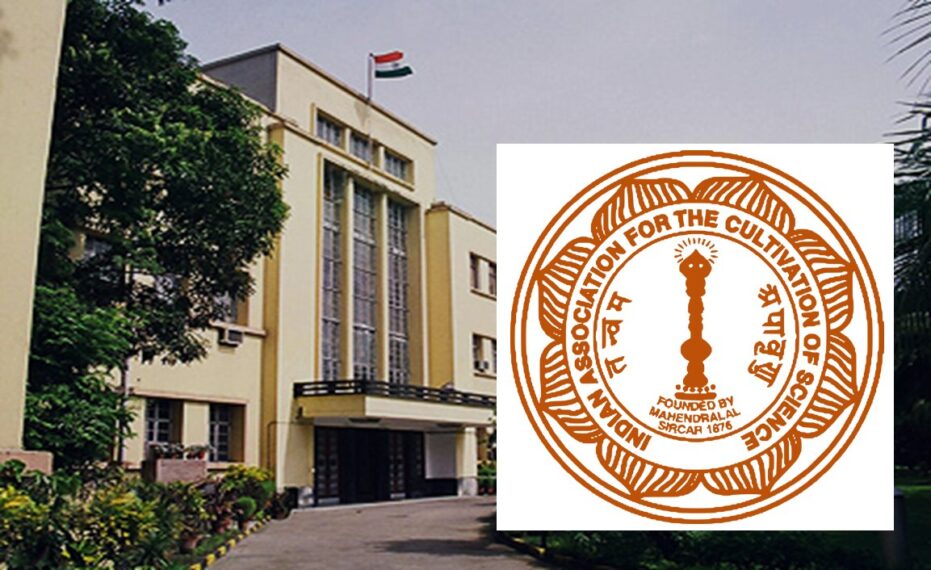
9. Indian Institute Of Science Education And Research (IISER)
The Indian Institutes of Science Education and Research appear to be a combination of India’s top public research facilities. The IISER, established by the Government of India, are widely regarded as the country’s premier research institutions. In the NIRF Rankings 2020, IISER was ranked 29 in the ‘Overall Category.’
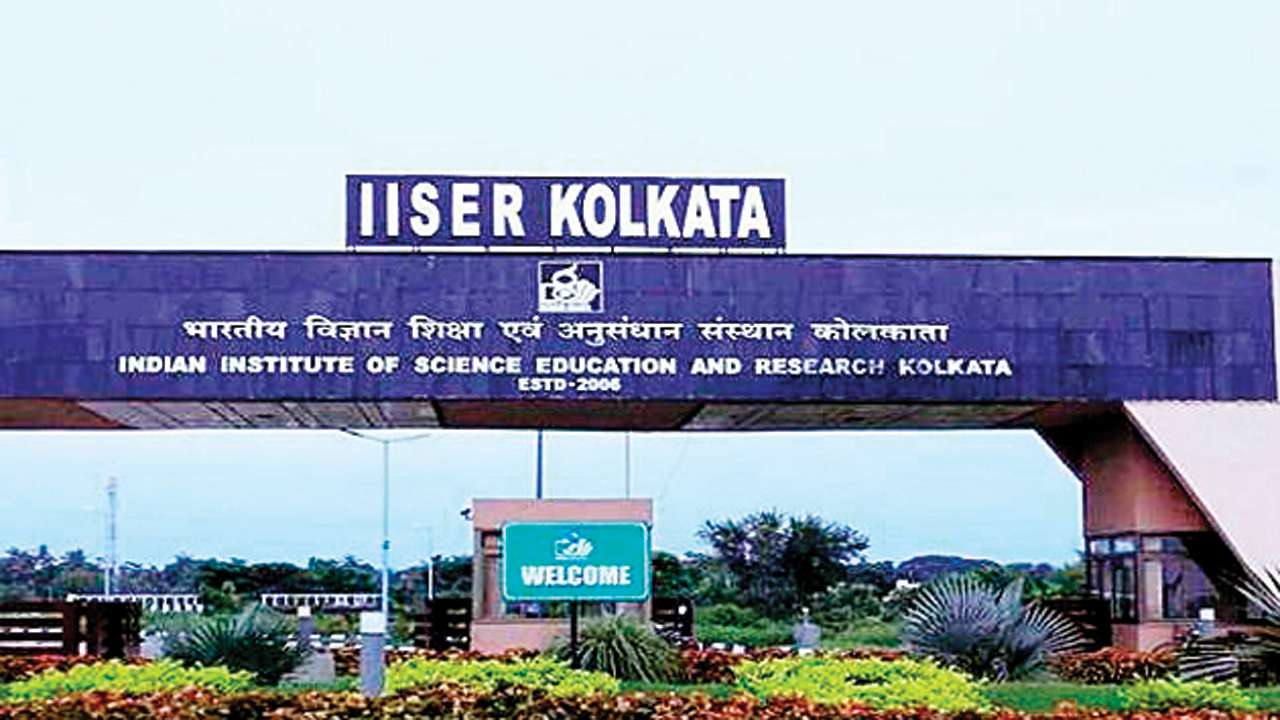
10. Indian Institute Of Engineering Science And Technology (IIEST)
Shibpur, Howrah, and West Bengal-based Indian Institute of Engineering Science and Technology (IIEST) Shibpur is a public technical university. The Government of India has designated it as an Institute of National Importance under MHRD. The Council of National Institutes of Technology governs it. On November 24, 1856, the Civil Engineering College was established in the Writers’ Building in Calcutta as the Civil Engineering College.
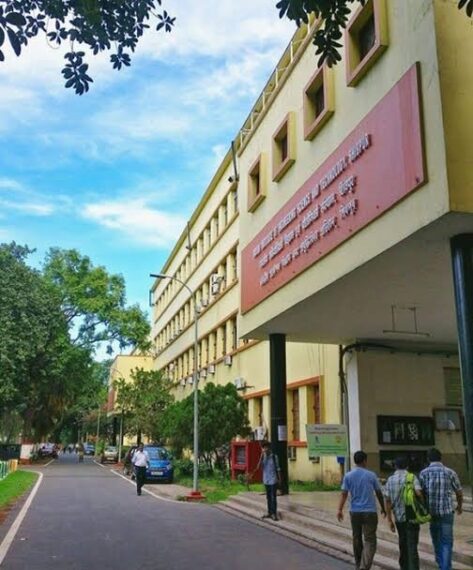
11. The Academy Of Science And Innovative Science (Acsis)
The AcSIR was established in 2010 (by a GOI resolution on July 17, 2010), formalized by an Act of Parliament published in The Gazette of India on February 7, 2012, and notified as an Institution of National Importance on April 3, 2012. AcSIR was established based on a “hub and spoke” model, with the hub (AcSIR-HQ in Ghaziabad) being in charge of centralized administrative functions. The spokes are located across India in 45 CSIR Laboratories (AcSIR Academic Centers) and 12 non-CSIR Institutes (AcSIR Associate Academic Centers).
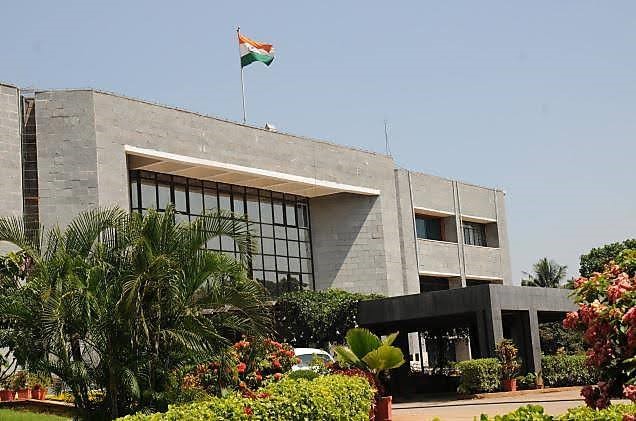
12. Jncasri (Jawar Lal Nehru Center For Advanced Scientific Research)
Jawaharlal Nehru Centre for Advanced Scientific Research, referred as JNCASRI is an interdisciplinary institute in Jakkur, Bangalore, India. Its mission is to undertake and enhance world-class training and research at the frontiers of engineering and science in diverse fields, from materials to genetics. It offers a vibrant academic environment for over 500 research groups. The Centre is an independent organization under the Department of Science and Technology, Government of India, and a deemed university.

13. India’S Department Of Space (Dos)
The Department of Space, Indian Space Research Organization, is an Indian government agency in charge of the country’s space programme. It oversees several space-related agencies and institutes. The commencement of the Indian National Committee for Space Research or INCOSPAR, in 1962 marked the beginning of the country’s space activities. The construction of the Thumba Equatorial Rocket Launching Station (TERLS) near Thiruvananthapuram began the same year.
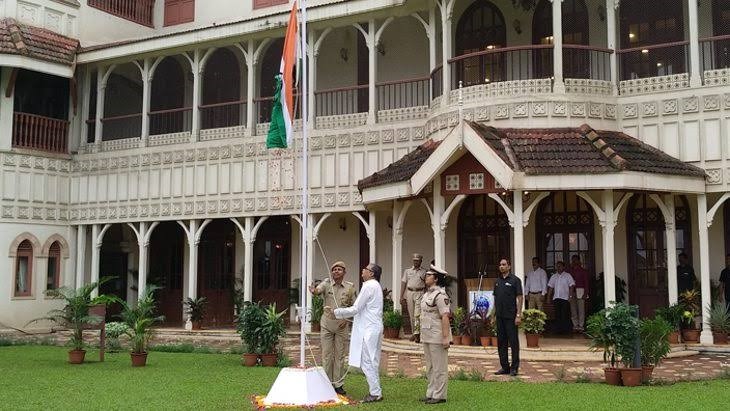
14. India’S Department Of Atomic Energy (DAE)
The Department of Atomic Energy is an Indian government department headquartered in Mumbai, Maharashtra. The DAE was established by Presidential Order in 1954. DAE has worked on nuclear power technology development and radiation technology applications in agriculture, medicine, industry, and basic research. DAE comprises five research institutes, three corporate sectors, five public-sector ventures, and three community organizations.
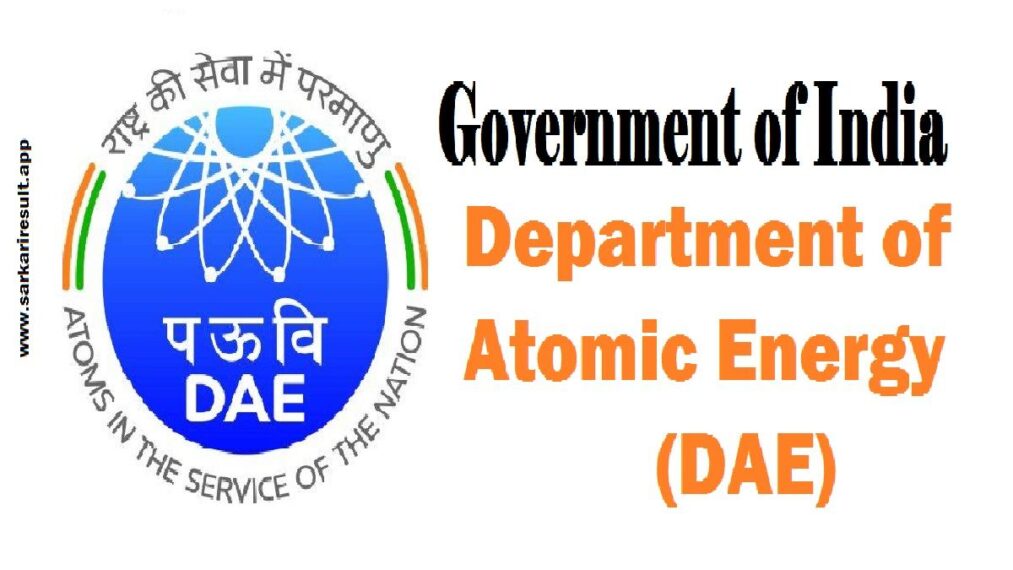
15. India’S Ministry Of Science And Technology
The Ministry of Science and Technology is a ministry of Indian government, in charge of developing and enforcing rules, regulations, and laws governing science and technology in the country. We must embark on some major science projects that are relevant to national needs while also being relevant to future technology. The Science and Technology Department is critical to the country’s promotion of science and technology.
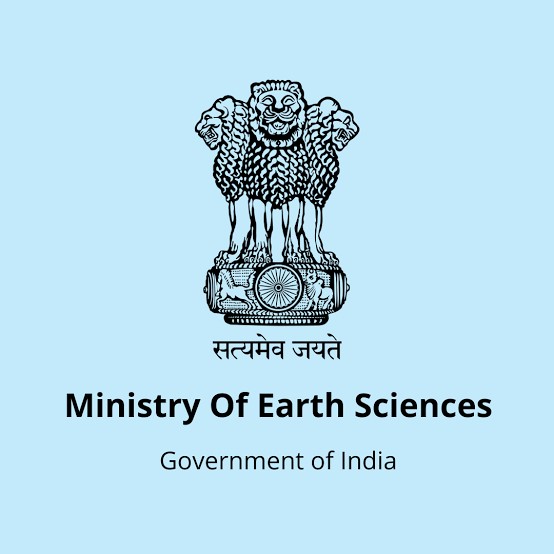
16. India’S Ministry Of Earth Science (MOES)
On January 29, 2006, the India Meteorological Department, the National Centre for Medium-Range Weather Forecasting, the Indian Institute of Tropical Meteorology, Pune, the Earth Risk Evaluation Center, and the Ministry of Ocean-Development blend to form Ministry of Earth Science. Through well-integrated programmes, the Ministry of Earth Sciences (MoES) is tasked with providing the best possible services to the nation in forecasting monsoons and other ocean states, weather or climate parameters, tsunamis, earthquakes, and other phenomena related to earth systems.
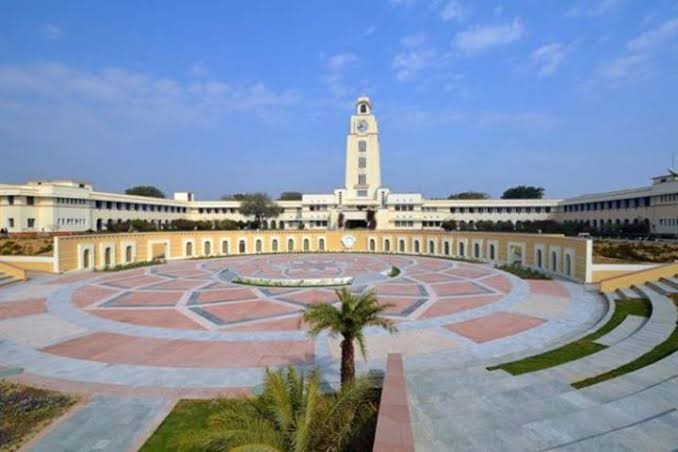
17. Tata Institute Of Fundamental Research (TIFR)
The Tata Institute of Fundamental Research is a public research university in Mumbai, India, dedicated to fundamental research in mathematics and science. This is a deemed university, works under the auspices of the government of India’s Department of Atomic Energy. TIFR has been one of India’s leading fundamental research institutes since 1945.
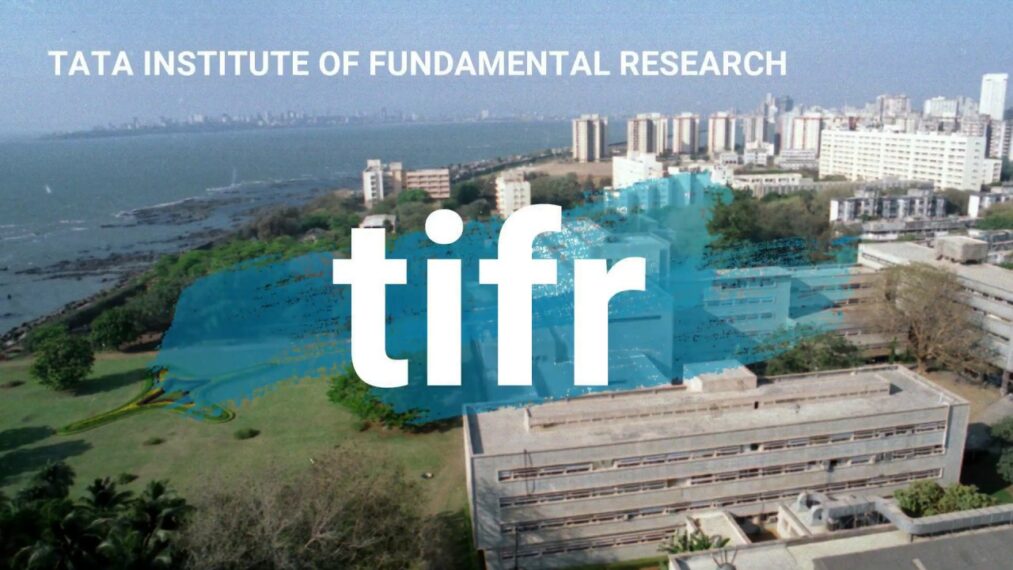
18. Birla Institute Of Technology And Science
The Birla Institute of Scientific Research is a philanthropic private research institute located in Jaipur, India. Birla Institute of Technology, Mesra, Ranchi, is a sister concern of the organization. BISR works on industry and government-sponsored projects and has established itself as a leading R&D organization in the country. BISR’s research programmes are primarily concerned with biotechnology and natural resource management.
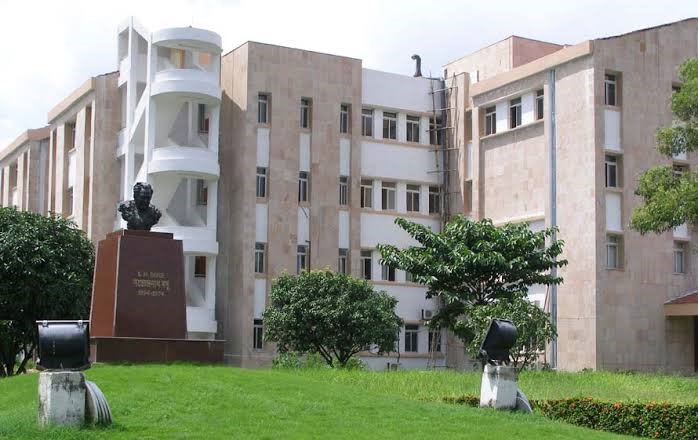
19. The Sn Bose National Center For Basic Sciences (SNBNCBS)
The S. N. Bose National Center for Basic Sciences (SNBNCBS) is an independent research institute of the Government of India’s Department of Science and Technology dedicated to basic research in the mathematical sciences. It is located in Salt Lake, Kolkata, West Bengal. The Center was founded to commemorate the life and work of Professor S. N. Bose, a titan of theoretical physics who made some of the most significant theoretical contributions to the advancement of Quantum Mechanics and Quantum Statistics.
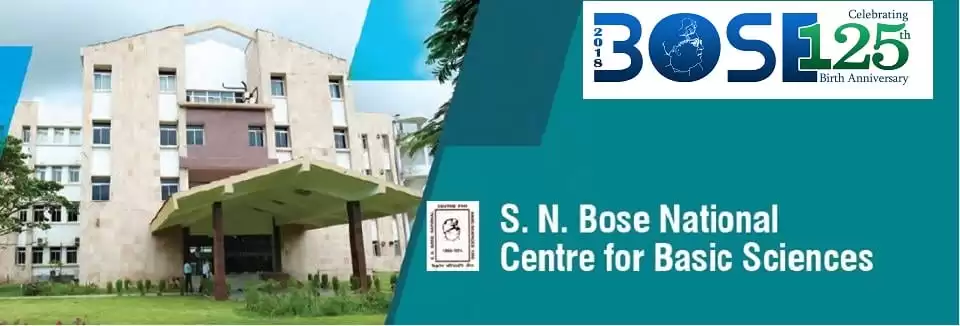
20. The SRM Institute Of Science And Technology
SRM Institute of Science and Technology in Tamil Nadu, India, is a private educational institute that is deemed to be a university. The SRM Institute of Science and Technology’s research strategy includes all major academic disciplines. Faculty and educators are actively involved in research because the university is committed to conducting research in key areas of science and humanities, particularly in Nanotechnology, Bioengineering, Energy, Environment, Materials, and Embedded Systems.
